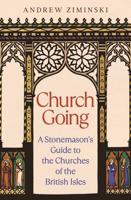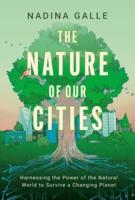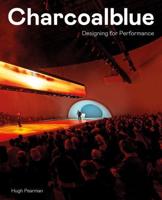Publisher's Synopsis
Series copy: America's architectural heritage is incredibly rich-from Alaska's log cabins and Iowa's silos, to Michigan's automobile plants and the District of Columbia's monuments. Now, in Buildings of the United States, a monumental project commissioned by the Society of Architecural Historians, we have the first state-by-state survey American architecture reflecting the geographic, climatic, and ethnic diversity of the country. It records the works of national and international masters of American architecture, as well as works by unknown hands. From pre-Columbian ruins to modern skyscrapers, from churches, courthouses, and theatres, to factories, barns, and gas stations, the volumes balance coverage of urban, suburban, and rural architecture. The authors of the volumes are architectural historians with a distinct and thorough knowledge of the states about which they have written. Each volume is profusely illustrated with photographs and line drawings, many of which were commissioned for the work.;Destined to become a national treasure, Buildings of the United States is the authoritative reference on our architectural heritage and will become delight to the general reader and traveler as well as an indispensable source book for scholars and students of architectural history, preservation, and urban planning. The public architecture of Washington D.C. is well-known throughout the world. The Capitol, the White House, and other major monuments are familiar to millions of people who have never visited the city. Less familiar are many notable public and private buildings located in the central city and scattered throughout Washington's residential neighborhoods, ranging from the eighteenth-century port city of Georgetown to the mid-twentieth-century urban renewal area known as the Southwest Quadrant. Tracing the evolution of the district's architectrual character from the Revolutionary War to the present, Pamela Scott and Antoinette J. Lee survey major public and government buildings, monuments and memorials, residential buildings and neighborhoods, parks and recreational areas, and commercial and industrial centres.;From the Vietnam Memorial, the Smithsonian Institution, and the United States Patent Office to Howard and Georgetown universities, nineteenth-century row houses, and elegant Beaux-Arts mansions, this volume captures the full array of Washington's architecural styles. Containing over 360 magnificent photographs, drawings, and maps, Buildings of the District of Columbia is a compelling source of information for the general reader, and a splendid guidebook for the traveler.










